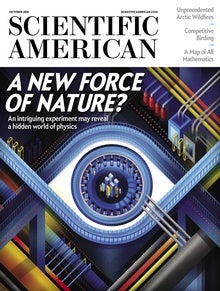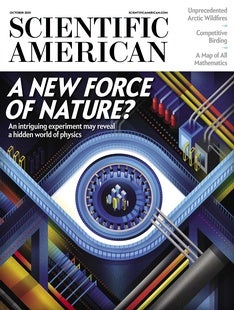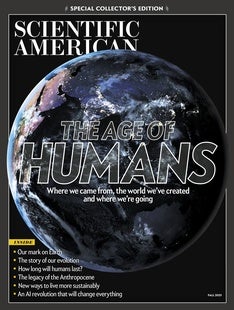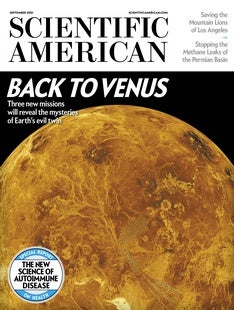 |
| September 16, 2021 |
Dear Reader,
This week's most sensational space news is undoubtedly the launch of SpaceX's Inspiration4, the first-ever private all-civilian mission to low-Earth orbit. But the most revolutionary part of SpaceX's spaceflight plans is still on the ground: The company's huge, reusable Starship rocket, now in testing, may reach orbit later this year and could become the definitive vehicle for 21st century space transportation. Although Starship is meant to eventually ferry humans to the moon and even Mars, our lead story explains how this rocket's greatest impact may be in the new economy of scale it could offer for scientists seeking to launch Earth-observing satellites, space telescopes, and robotic interplanetary missions. Elsewhere, we have articles about the threat of solar superflares, a ghostly supernova, muon mysteries, and more! |
| |
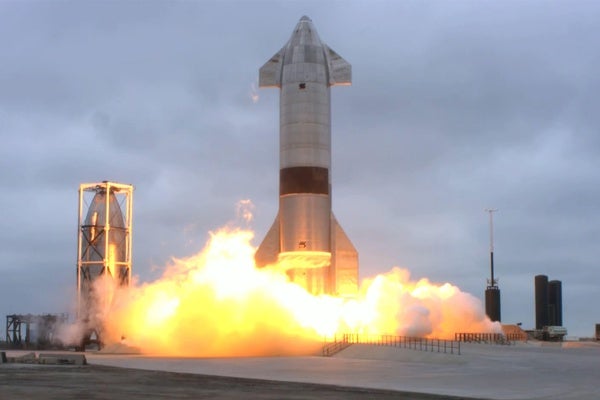 |
| |
| |
| |
| |
| |
| |
| Extraterrestrial Life Looking for Interstellar Monuments An ancient civilization from a distant star could have created immortal machines to roam the Milky Way and keep its legacy alive | | | | |
| |
| |
| |
| |
FROM THE STORE
 | | | |
| |
| |
FROM THE ARCHIVE
 | | | |
LATEST ISSUES
 |
| |
| Questions? Comments?  | |
| Download the Scientific American App |
| |
| |












![The Kavli Prize Presents: Understanding Atoms [Sponsored]](https://static.scientificamerican.com/sciam/cache/file/695BFC87-E852-4654-A8A6933D0C6F5C4D_W220_Hauto.jpg)
